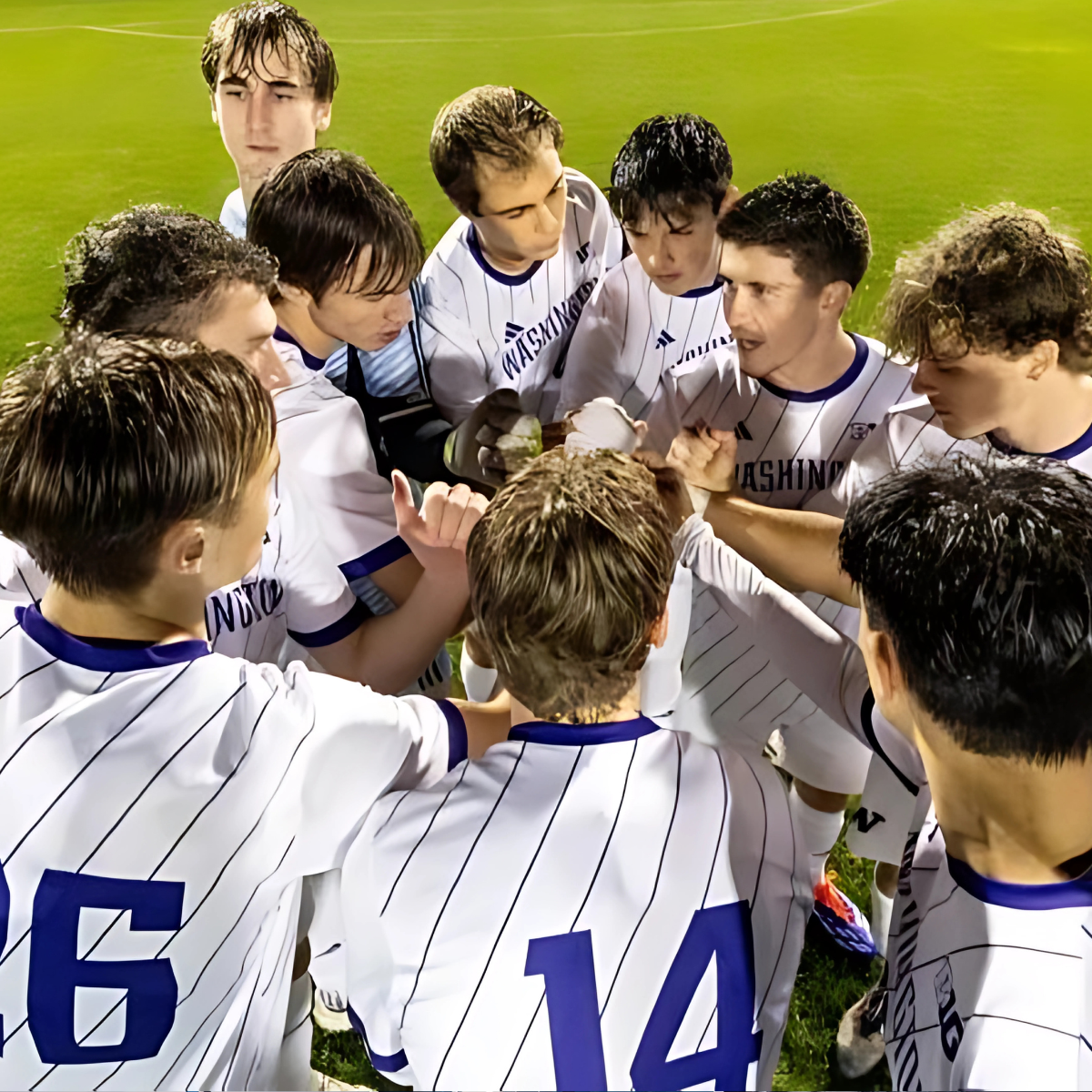What is the Yips Phenomenon and How Can Athletes Overcome It?
The yips is a psychological phenomenon that affects athletes, characterized by involuntary movements or a sudden loss of motor skills during the execution of tasks that require fine motor control. This condition is most commonly associated with sports like golf and baseball, where precision and consistency are critical. Athletes experiencing the yips may find themselves unable to perform basic skills they have mastered, leading to frustration and diminished performance.
Understanding the Yips
The yips can manifest in various ways, including:
- Involuntary Movements: Athletes may experience jerking or twitching motions, particularly in the wrists or arms, which disrupt their ability to execute smooth movements.
- Loss of Control: There can be a sudden inability to perform previously well-practiced skills, such as putting in golf or throwing in baseball.
- Psychological Factors: The yips are often described as "mental static," where athletes become overly focused on mechanics or outcomes, leading to anxiety and overthinking during performance.
The exact cause of the yips remains unclear, but it is believed to be a combination of psychological stress and neuromuscular factors. Studies suggest that anxiety can exacerbate the condition, creating a feedback loop where fear of failure leads to further loss of control.
Read: How does cognitive behavioral therapy benefit athletes?
Notable Examples
Several high-profile athletes have experienced the yips, highlighting its impact across various sports:
- Steve Sax: The former MLB second baseman struggled with routine throws during his career, leading to a phenomenon known as "Steve Sax Syndrome."
- Simone Biles: The Olympic gymnast withdrew from several events at the Tokyo Olympics due to mental health concerns, which some observers likened to experiencing the yips.
- Brett Maher: The NFL kicker faced significant challenges during a playoff game, missing multiple extra points despite a history of success.
Overcoming the Yips
While overcoming the yips can be challenging, several strategies can help athletes regain their confidence and performance:
- Mental Skills Training: Engaging in mental conditioning techniques such as visualization can help athletes prepare for competition by mentally rehearsing successful performances. This practice can reduce anxiety and reinforce positive outcomes.
- Focus on Process Goals: Instead of fixating on outcomes (like winning or making a perfect play), athletes should concentrate on process-oriented goals that emphasize technique and execution. This shift in focus can alleviate pressure and promote better performance.
- Develop Pre-Performance Routines: Establishing consistent routines before competitions can help athletes center themselves and reduce anxiety. These routines might include specific warm-up exercises or breathing techniques designed to promote relaxation.
- Seek Professional Help: Working with sports psychologists can provide valuable insights into managing anxiety and addressing the underlying causes of the yips. Cognitive-behavioral therapy (CBT) and other therapeutic approaches can help athletes reframe negative thought patterns.
- Gradual Exposure: Gradually exposing oneself to high-pressure situations in a controlled manner can help desensitize athletes to performance anxiety. This approach allows them to rebuild confidence in their abilities without overwhelming pressure.
- Physical Conditioning: Ensuring that physical skills are well-practiced through deliberate practice can help athletes regain confidence in their abilities. Regular drills focused on technique can reinforce muscle memory and improve execution under pressure.
- Mindfulness Practices: Techniques such as mindfulness meditation can help athletes stay present during competition, reducing overthinking and anxiety about performance outcomes.
The yips phenomenon represents a significant challenge for many athletes, impacting their ability to perform at their best due to involuntary movements and psychological barriers. By understanding the nature of the yips and employing effective strategies such as mental skills training, focusing on process goals, developing pre-performance routines, seeking professional help, gradual exposure, physical conditioning, and mindfulness practices, athletes can work towards overcoming this condition. With patience and persistence, it is possible for athletes to regain their confidence and return to peak performance levels.
Read: What is the psychological refractory period and how does it affect reaction time in sports?







%20(1200%20%C3%97%20232%20px)%20(9).png)









.png)

